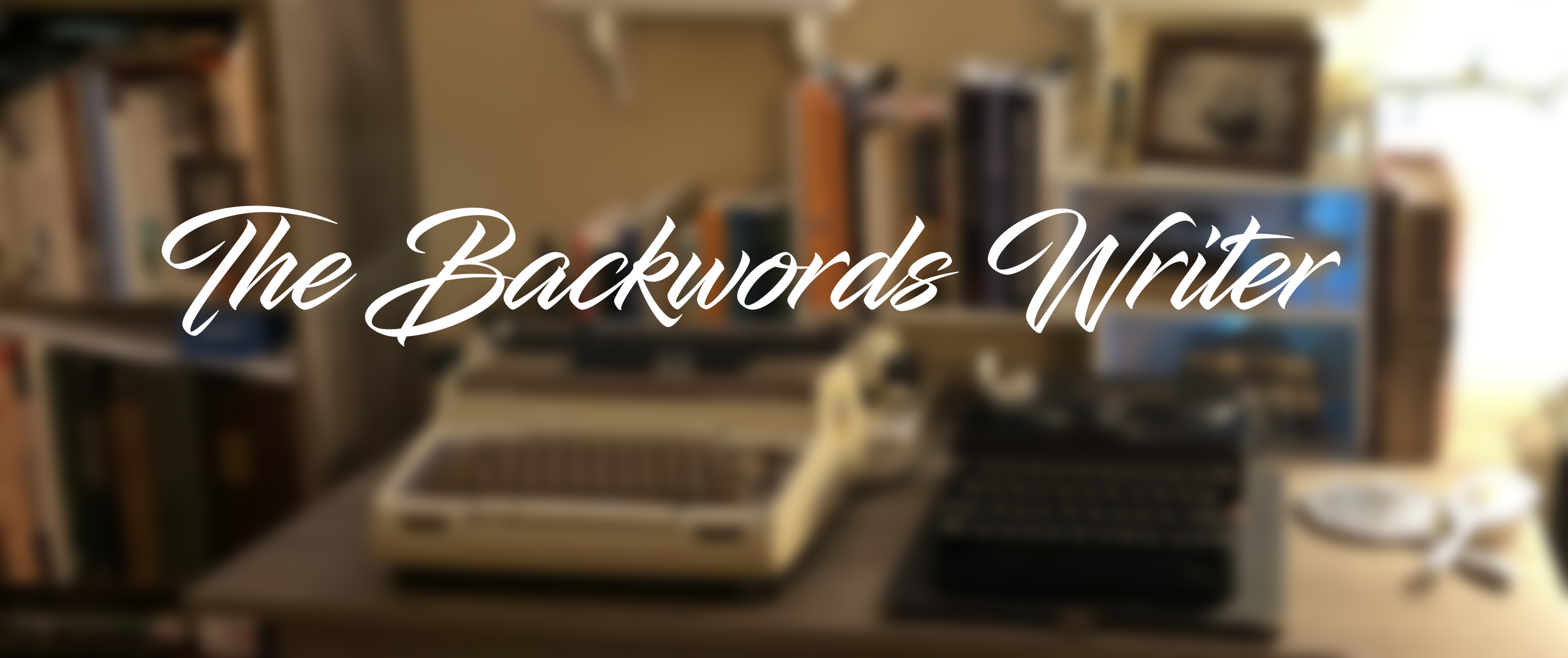
I waited in the tiny exam room with my head wrapped up in a scarf, because the fluorescent lights have been a trigger for me since childhood. The doctor came in, I hopped up on the exam table, reluctantly uncovered my face and immediately felt as if I was under scrutiny. I get that. I understand there are a lot of drug-seekers out there, people who don’t really need medication. My grandmother was prey to one such abuser, who pretended to be someone she wasn’t and took her pain killers. That incident happened years ago, and as I sat there in the exam room, I could’ve recalled it–the way the woman found out enough about Grandma’s family and loved ones that, when the cops interrogated her, she said, “I’m not the one selling the Percocet, it’s her granddaughter, Rosa, she’s the one leading that ring!” I could’ve thought of that while the doctor stared me down, but I didn’t.
He asked me questions, seeming to doubt me, as if trying to catch me in a lie. Especially when I asked him for some pain killers–nothing too crazy, just a low dosage, because I knew I wouldn’t be able to get anything else out of him. He stared at the floor for a full minute, while I said, “It’s okay if you can’t, I understand.” I think that minute of staring was meant to disarm me if I was lying. Finally he gave me a prescription for something low-intensity, but I still had to carry the prescription to the drug store. It couldn’t be called in.
“Gabapentin’s a pretty safe drug, so I’ll give you a month’s supply,” he finally said, as if all that silence was meant to put me on edge, to see if I would act a certain way and expose myself as an addict.
I know gabapentin is a safe drug, I don’t want to take anything more dangerous, even though I think may have to in the future. I almost wept and I said, “I don’t want to take any of this, I don’t want any of this.” He must have seen the sincerity in my eyes, but the doubt remained.
Trigeminal neuralgia is normally diagnosed based on the patient’s own experience. When I was diagnosed by a neurologist, there were no tests to confirm it, just tests to confirm I didn’t have anything else, like a tumor. When an MRI and a brain-contrast CT scan proved I didn’t have another condition causing it, that was my neurologist’s reason for diagnosing me.
“So, if nothing shows up in the scans, then I’ve got trigeminal neuralgia?” I had asked.
“Yes,” he’d said.
Nothing was something, after all.
Yes, I have all the symptoms of trigeminal neuralgia, pain that’s unyielding and travels the very paths of each branch of the nerve. There can’t be any doubt, but there is, because this disorder is invisible and there’s so much that needs to be learned. So much that needs to be uncovered.
It made me think of this case I read about where a group of college students conducted a test and went to a mental health facility, checked themselves in and described fake symptoms so they were diagnosed with psychosis and committed. The test proved that by rattling off a series of symptoms to a doctor (not all doctors) a person might be diagnosed with a particular disorder incorrectly.
Even though I experience this pain, I doubt it all the time. “Could this really be happening to me?”
“Why is this happening to me?”
“Is this real?”
At the same time, I feel angered when someone suggests I might be imagining it, that the pain might not be real. I know the pain is real. I feel it every day, in different intensities. As I waited for the doctor to help me, I felt like I was twelve years old, in the nurse’s office at Salford Hills Elementary. In those days, I would get sick (it was trigeminal neuralgia, I know that now) and I would wait, and wait, and wait for my mother to come pick me up. I felt like I was that little girl again, as if the doctor was going to punish me for being ill, or disbelieve me.
And could I blame him? I look healthy. The cost of my medication seems to be going up and up, but I still need it, and I’m afraid now to be without it. I know there are drug abusers out there, but I’m not one of them, and this doubt is hurting us–those who truly need medication. Please, don’t doubt me. Don’t doubt us. And I’ll try not to doubt myself.
